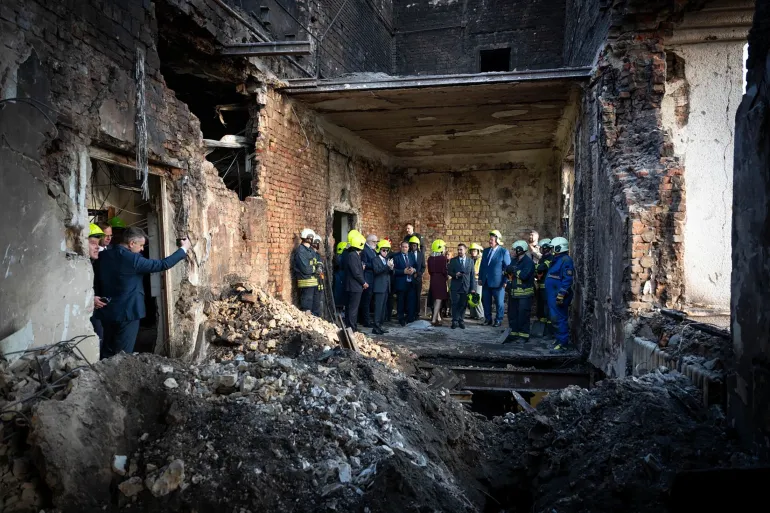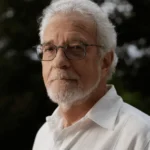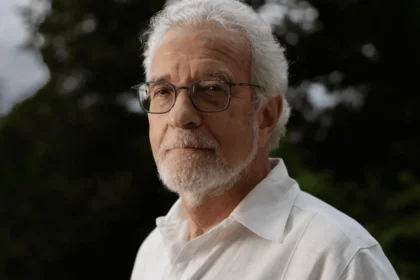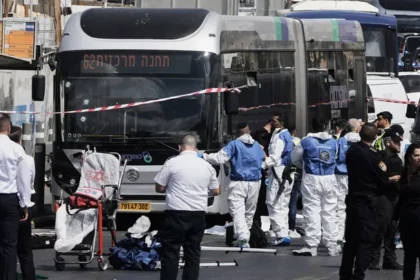As the Russia-Ukraine war drags into its 1,293rd day, the conflict has reached a new level of intensity. Russia launched its most extensive overnight air assault to date, deploying over 800 drones and 13 missiles across Ukrainian territory. The attack killed two civilians — including a child — and injured dozens. It also marked the first time a major government building in Kyiv was directly hit since the invasion began.
The strike on Kyiv’s government center is being seen as a symbolic and strategic escalation. Ukrainian officials swiftly responded by inviting foreign diplomats to witness the destruction firsthand, sending a clear message about the scale of devastation and the continued threat to civilian infrastructure.
On the eastern front, fighting intensified. In Donetsk, Russian shelling claimed the lives of four people and injured ten more. Further south in Zaporizhia, nearly 450 Russian attacks hit more than a dozen settlements, killing two and injuring several others.
Ukraine responded with a significant drone offensive targeting Russian-held territories in Donetsk. At least two civilian deaths were reported, while Ukrainian forces managed to reclaim control over the village of Zarichne in the same region. This marks a continued effort by Ukraine to regain ground despite overwhelming attacks.
Critical infrastructure has also come under fire. A thermal power facility in Kyiv’s region was damaged, causing widespread blackouts and disrupting gas supplies. Officials warn that energy systems remain highly vulnerable, especially with colder weather on the horizon.
Meanwhile, Russia claimed to have shot down 195 Ukrainian drones and two aerial bombs in a 24-hour period, underscoring the scale and intensity of the ongoing aerial warfare.
On the diplomatic side, efforts to further isolate Russia are in motion. The European Union is working closely with the United States on sanction measures, although the Kremlin continues to dismiss their impact.
Geopolitical tensions are also expanding. The Czech Republic expelled a Belarusian diplomat accused of spying, with intelligence services from Hungary and Romania assisting in the uncovering of a cross-border espionage network linked to Belarus.
German Chancellor Friedrich Merz added to growing international condemnation, stating that diplomatic solutions with Russia have failed. He argued that the only viable path to peace is through Ukrainian military resilience and ensuring that Russian President Vladimir Putin does not succeed in his objectives.
With no end in sight, the war has become a grinding conflict marked by high civilian casualties, mounting destruction, and growing global consequences.











